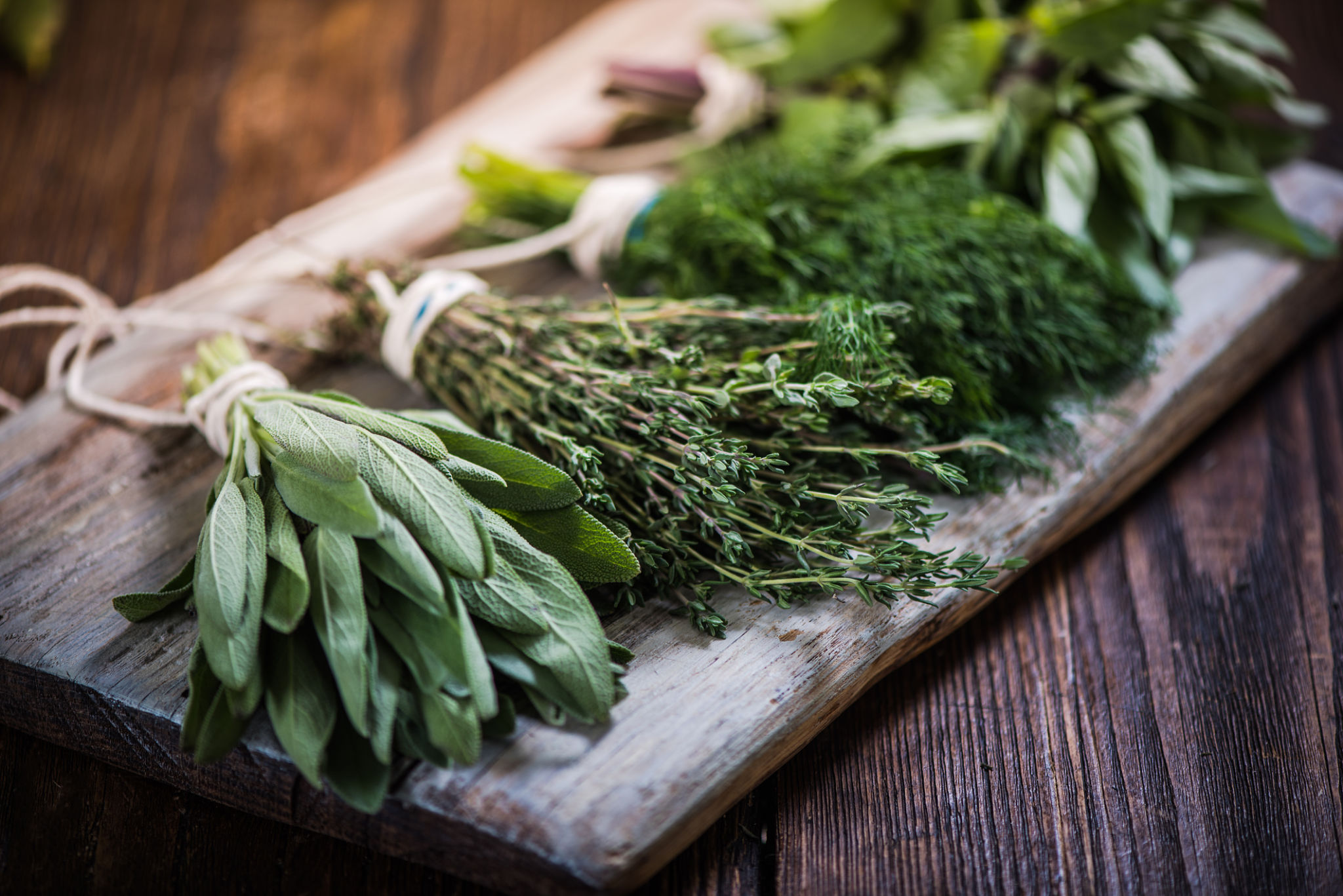Navigating the No-Oil Diet: Tips for Beginners
Embarking on a no-oil diet can seem daunting at first, but with the right approach and mindset, it can be a rewarding journey toward better health. Whether you're aiming to reduce calories, improve heart health, or simply try a new eating lifestyle, eliminating oil from your diet can have significant benefits. Here are some tips to help you get started.
Understand the Benefits
Before diving into this diet, it's essential to understand why you might want to avoid oil. Most oils are calorie-dense and can contribute to weight gain if consumed in large amounts. By reducing or eliminating oil, you can lower your calorie intake without sacrificing the volume of food you eat. Additionally, removing oil can help lower cholesterol levels and reduce the risk of heart disease.
Focus on Whole Foods
One of the key strategies for a successful no-oil diet is to focus on whole, unprocessed foods. Fruits, vegetables, legumes, and whole grains are naturally oil-free and packed with nutrients. They provide the fiber, vitamins, and minerals your body needs to thrive without the added fat from oils.

Cooking Without Oil
Cooking without oil might seem challenging, but with a few adjustments, you can create delicious meals without it. Here are some techniques to try:
- Steaming: This method cooks food by surrounding it with steam. It's perfect for vegetables and fish.
- Sautéing with Broth: Use vegetable broth or water instead of oil to sauté vegetables or proteins.
- Baking and Roasting: Use parchment paper or silicone baking mats to prevent sticking while cooking in the oven.
Experiment with Spices and Herbs
The absence of oil doesn't mean your meals have to be bland. Spices and herbs can add a burst of flavor to any dish. Experiment with different combinations to find what suits your palate best. Try using garlic, ginger, basil, cilantro, or cumin to enhance your dishes.

Smart Grocery Shopping
When transitioning to a no-oil diet, grocery shopping can become an adventure in discovering new products. Focus on purchasing fresh produce, whole grains like quinoa and brown rice, and legumes such as lentils and chickpeas. Read labels carefully to avoid processed foods that may contain hidden oils.
Plan Your Meals
Planning your meals in advance can help ensure you stick to your no-oil diet. Consider preparing large batches of oil-free dishes that can be eaten throughout the week. This not only saves time but also ensures you always have a healthy option available.

Managing Dining Out
Eating out while on a no-oil diet requires some strategizing. Look for restaurants that offer plant-based or vegan menus as they often have oil-free options. Don't hesitate to ask the server about how dishes are prepared and request modifications if needed. Most establishments are accommodating when it comes to dietary preferences.
By following these tips and maintaining a positive attitude, navigating the no-oil diet can become an enjoyable part of your routine. Remember that small changes can lead to significant health benefits over time. Stay patient and persistent on this journey toward better health.
